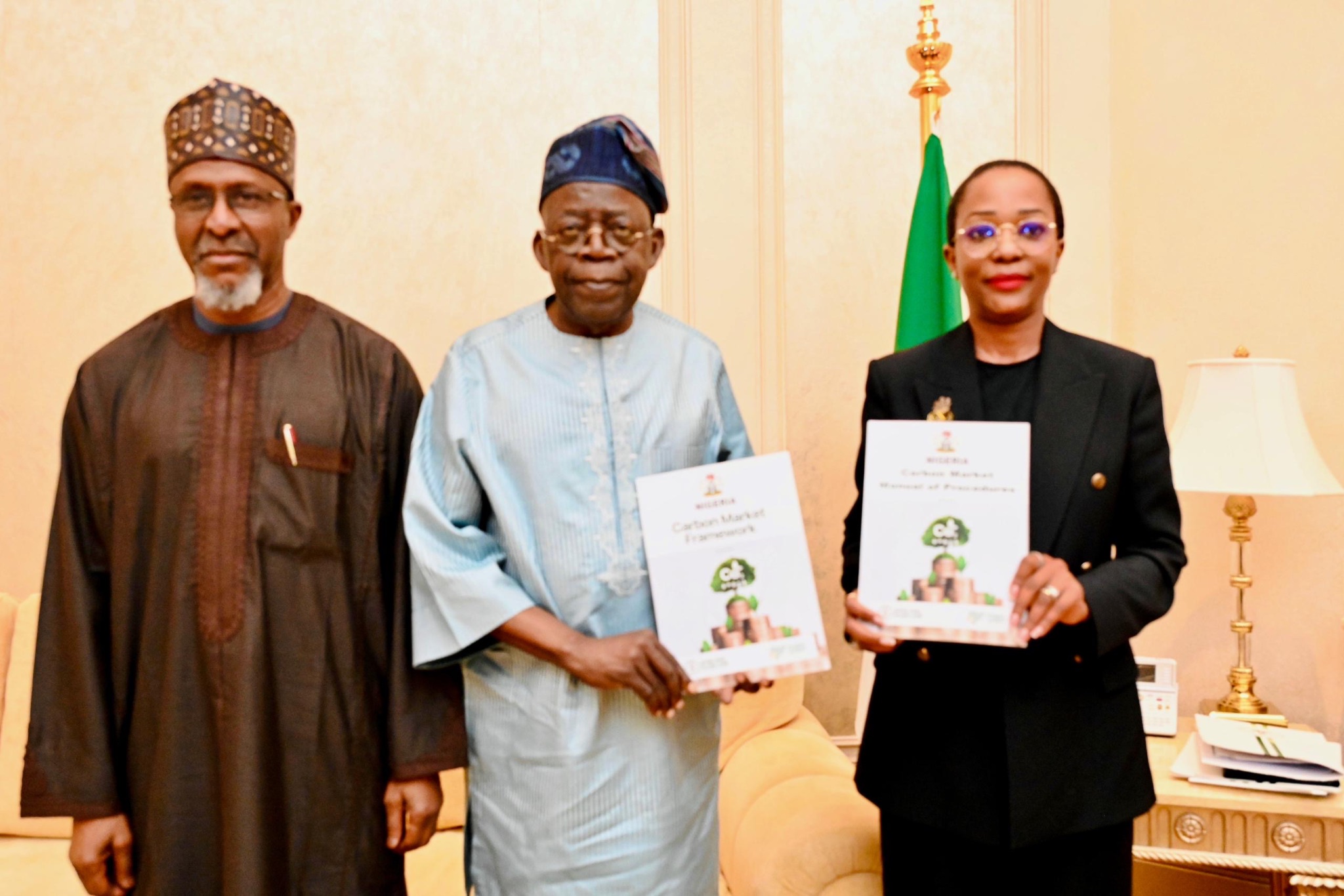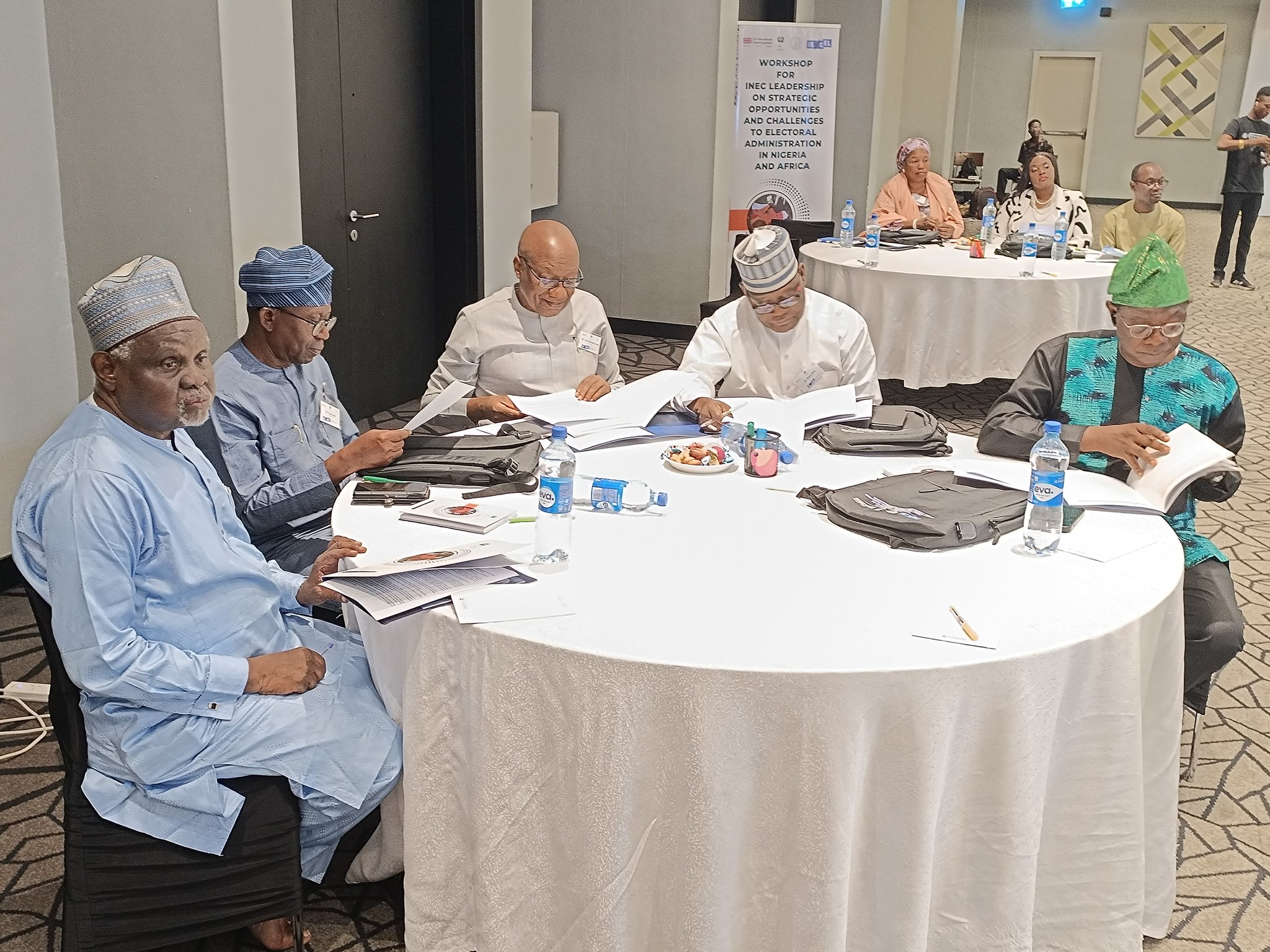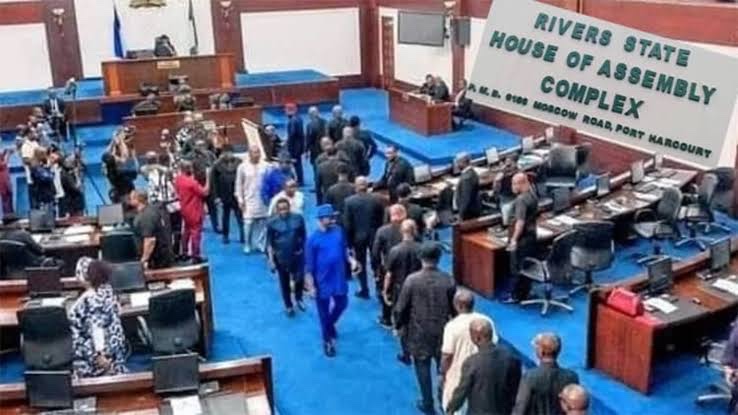

The Supreme Council for Shariah in Nigeria (SCSN) has defended the decision by several Northern states to close primary and secondary schools during Ramadan, stating that the move prioritizes students’ well-being amid extreme heat conditions. The council also urged Zamfara, Sokoto, Jigawa, and other states to adopt similar measures, dismissing opposition from the Christian Association of Nigeria (CAN) and some non-governmental organizations (NGOs).
In a statement signed by its Secretary-General, Nafiu Baba-Ahmad, the SCSN emphasized that state governments have the full authority to determine school schedules and that the temporary closure would not disrupt academic activities. The council explained that lost school days would be compensated for by adjusting the long vacation, ensuring continuous learning while safeguarding students’ health.
“This decision ensures continuous learning while preventing students from remaining idle for extended periods. It was carefully reviewed by the respective Ministries of Education and widely welcomed by parents,” the statement read.
Response to CAN and NGOs
The SCSN criticized CAN and NGOs for opposing the school closures, describing their stance as unnecessary and an affront to the authority of state governments. The council pointed out that CAN had remained silent during prolonged strikes by the Academic Staff Union of Universities (ASUU), which disrupted entire academic sessions, yet was now opposing a temporary adjustment of just 25 school days.
“It is baffling that CAN, which remained silent when prolonged ASUU strikes disrupted entire academic sessions, is now opposing a temporary, structured adjustment of just 25 school days,” the council stated.
Legal and Policy Justifications
Citing the Education Law of January 1, 1964, the SCSN stressed that governors have the exclusive right to set school holidays, except in Kogi State, where the law does not apply. The council reiterated that CAN is not a stakeholder in Northern states’ education policies and that state governments are not obligated to seek approval from external groups before making decisions.
“No state government is obligated to seek approval from external groups before making decisions,” the statement added.
Broader Implications
The SCSN’s defense of the school closures highlights the intersection of cultural, religious, and environmental considerations in policymaking. The decision to close schools during Ramadan reflects the prioritization of students’ health and well-being during a period of fasting and extreme heat, which can exacerbate physical strain.
However, the controversy also underscores the challenges of balancing religious and cultural practices with educational continuity. Critics argue that the closures could disrupt learning outcomes, while proponents emphasize the importance of accommodating religious observances and ensuring students’ safety.
Calls for Broader Dialogue
The SCSN’s statement has sparked calls for broader dialogue between religious groups, government authorities, and educational stakeholders to address concerns and find mutually acceptable solutions. Stakeholders have urged state governments to engage with all parties to ensure that decisions are inclusive and considerate of diverse perspectives.
Looking Ahead
As the debate continues, the SCSN has reaffirmed its support for the school closures, urging other Northern states to follow suit. The council’s stance reflects its commitment to protecting students’ well-being while upholding the authority of state governments to make decisions in the best interest of their citizens.
The outcome of this controversy will likely have implications for future policymaking in Northern Nigeria, particularly in balancing religious practices, environmental challenges, and educational priorities.





















